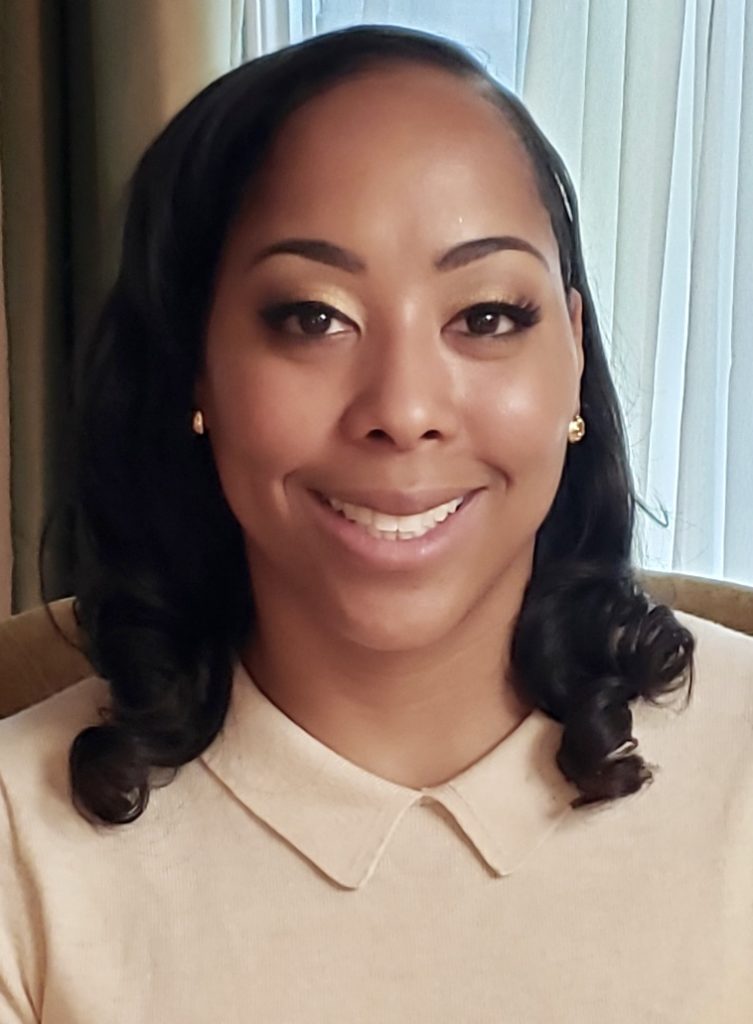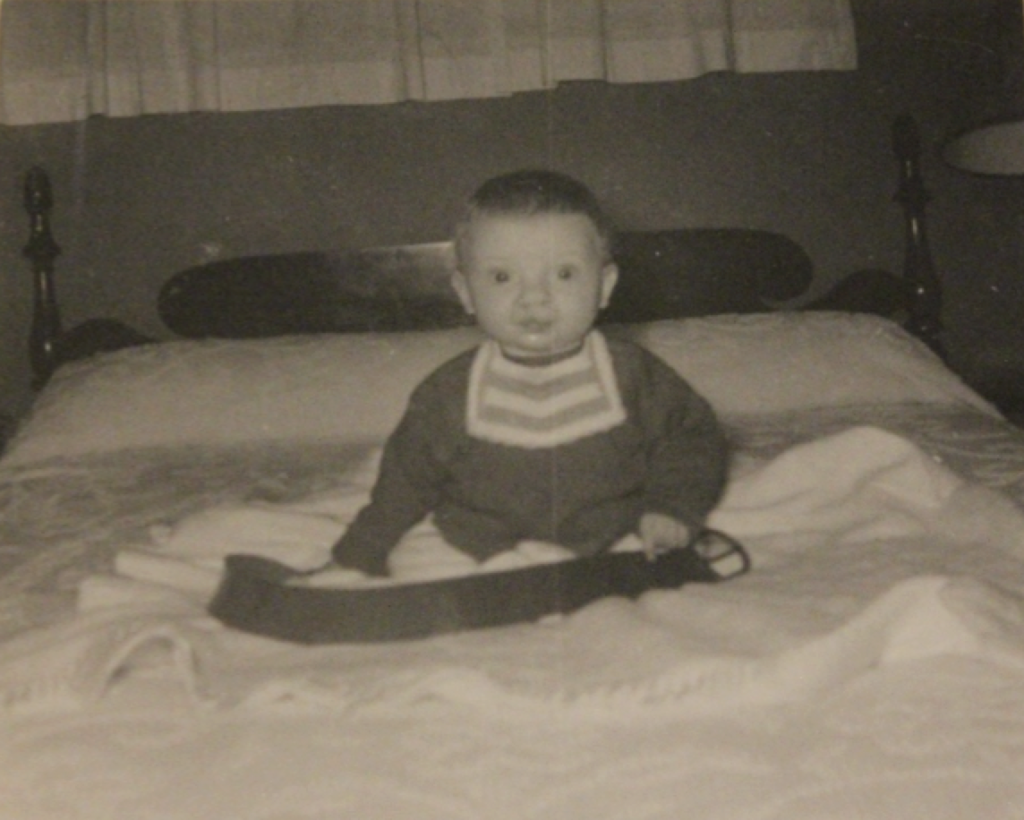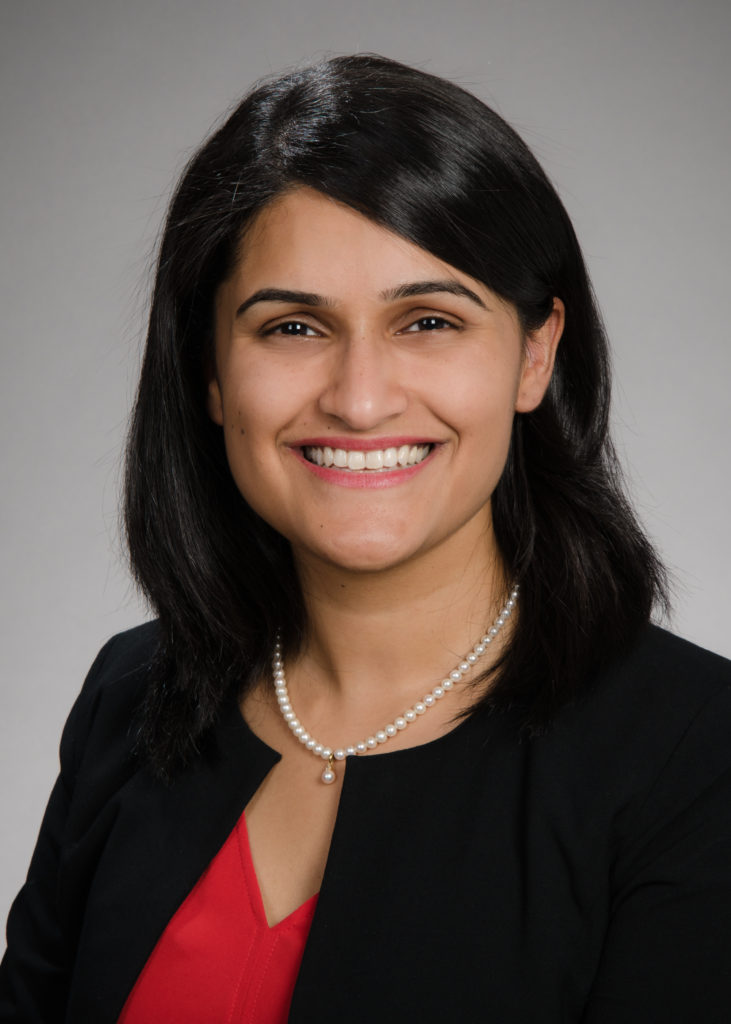- by newdentistblog
- 07 Jul 2022
My journey into full-time academia: Why so soon?
My journey into full-time academia: Why so soon?
- by newdentistblog
- 07 Jul 2022
- in dentist

"Did you always know that you wanted to teach?"
This is a question that I'm asked very frequently, and my answer is probably like many of my colleagues: "Absolutely, not!"
When I entered dental school, my goal was to return home to Memphis, Tennessee, after graduation and practice general dentistry. Little did I know, my career would take a completely different trajectory.
During my third year of dental school, I was introduced to clinical pediatric dentistry, and I also found a mentor in my pediatric dentistry faculty member. After a short while, my choice to pursue pediatric dentistry was solidified. As I matriculated through my pediatric dentistry residency program, I realized that my love for pediatric dentistry was also coupled with a love for teaching.
The pediatric dentistry residency program at the University of Illinois Chicago provides opportunities for residents to teach in the pediatric dentistry student clinic during their second year. This exposure to clinical teaching, allows one to discover their interest or lack thereof for an academic career.
In my case, this experience changed my entire career path. I also remember how my dental school classmates and I always talked about our desire to have younger faculty and more faculty members with diverse backgrounds. I am a firm believer that to see the change that you desire, you must be willing to set an example and take that first step towards creating that change.
During residency, I also had the opportunity to obtain a Master of Public Health (MPH) degree in health policy and administration. During my time pursuing my MPH, I was exposed to a breadth of knowledge that shifted my perspective about how I could help decrease oral health disparities and increase access to care for the children who need it most.
My initial desire to return to Memphis was fueled by my commitment to serving children in the underserved area where I grew up. I quickly realized that as a private practitioner I could not impact as many children as I could as an academician. Though, there are numerous dental specialties for students to pursue, most dental school graduates will enter the workforce as general dentists. Many general dentists continuously report that they do not feel comfortable seeing pediatric patients in their practices, mainly because of the limited training that they received in dental school.
So how do we make students more comfortable? We must provide them with didactic knowledge and clinical experiences that will allow them to become more comfortable treating children, hopefully increasing the likelihood that they will continue this during their practice as a general dentist and ultimately provide more children with access to dental care. This was one of my primary reasons for considering full-time academia.
As you can imagine, I was extremely excited about the opportunity to pursue a career in academia. However, I had to consider potential obstacles like my daunting student loan debt, my limited time in the profession, and my desire to also do full-time clinical practice.
As we all know, student debt can really drive one's career decisions, especially directly out of dental school or residency. Like many others, I had no idea how I would balance my love for teaching and my need to pay down over $300,000 in student loan debt. I initially decided that I would need to compromise. What if I split my time between part-time teaching and part-time private practice? Though this would not fulfill my true desires of full-time academia, it could be a great first step in the direction of establishing an academic career.
Well, guess what happened?
My institution was awarded a Title VII HRSA Faculty Loan Repayment grant that would help tackle my student debt during my first four years of full-time academia. In addition to that, my institution allows for one day of private practice each week that allows faculty members to produce additional income that can help offset the compensation difference between academia and clinical practice. So, for all of you who are considering a career in academia, but are concerned about the possibility of financial hardship, there are numerous opportunities available that can help you manage your student debt and make additional income.
Aside from the potential financial deterrents of a career in full-time academia, I also juggled the idea that I might not be ready to teach immediately following residency. Would I have enough experience? Would I be able to handle difficult cases? Would the transition from co-resident to professor be awkward? My advice to anyone who is nervous about being prepared is, don't be! You have the necessary tools to be a great asset to students and residents, but also your colleagues, your dental institution, and the dental profession.
The profession needs young, energetic, and innovative dentists to take it to the next level. Throughout the first few years of my faculty appointment, mentorship has been extremely valuable. I have connected with middle- and late-career faculty at my institution, as well as other institutions across the country. I have found that our more seasoned colleagues are eager to share their successes, failures, and their journeys. It's clear that they really want to invest into the future of the profession, and they are willing to guide you along your journey.
Like any profession, academia is a process that is filled with highs and lows. There are days when I am reminded that there is still much more to learn. There are also days when I am tasked with juggling numerous responsibilities, including didactic instruction, clinical oversight, research, and other extracurricular activities. The task is not an easy one, but with a commitment to continuous learning and appropriate support from your colleagues at the departmental and institutional levels, you will be set up for success.
I am a huge advocate for the recruitment and the retention of a more diverse faculty in dental institutions across the country, but I recognize that there must be individuals willing to pursue an academic career. After four years in full-time academia, I can say that this was one of the best decisions of my career! I'm able to teach, work in private practice, and tackle my student debt with no problem. I urge early career dentists to consider a career in part-time or full-time academia; the world of academia needs you.
Dr. Brittaney Hill earned her Doctor of Dental Surgery degree from Meharry Medical College School of Dentistry. She completed a pediatric dentistry residency at the University of Illinois Chicago, where she earned her certificate in pediatric dentistry, an MS in oral sciences, and an MPH in health policy and administration. She is currently a full-time clinical assistant professor at the University of Illinois Chicago. She is a Diplomate of the American Board of Pediatric Dentistry and a member of the American Academy of Pediatric Dentistry, where she serves on the Early Career Pediatric Dentist Committee and the editorial board of the Journal of Dentistry for Children.
- by foxnews
- descember 09, 2016
Flight passenger says man deliberately squatted in window seat, ignites social media debate
An airline flyer said a seat squatter tried to tell her to swap seats with him, but she stood her ground, prompting a social media debate. A travel expert weighs in.
read more




